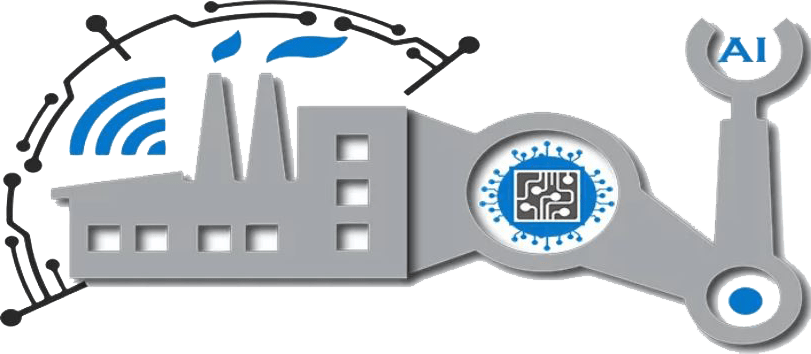The ICIAI’24 conference welcomes academics, researchers, and educators from various scientific disciplines to present their work and ideas to a global audience.
The conference offers a forum for bridging the gap between the academic community and industry experts by emphasizing cutting-edge research and valuable applications. ICIAI’24 provides a clear perspective on contemporary issues and obstacles in information technology. ICIAI’24 offers innovative industrial methods and original research, providing updates on security tactics, approaches, applications, and emerging technologies. The conference serves as a platform for students, doctors, professors, and researchers to engage with the broader community, establish relationships, and collaborate with professionals in various fields.
What is Industry 5.0?
In short, the concept of Industry 5.0 is mainly focused on integrating humans working alongside robots and IoT devices in the automated industrial environments of the future. As opposed to Industry 4.0, which primarily was about leveraging robots and intelligent machines for maximum efficiency and high performance in manufacturing, Industry 5.0 is centred around human impact and how the latest technologies, such as IoT and Big Data, can be leveraged to empower human work and capabilities.
How the Industry 5.0 concepts emerged
Learning about Industry 5.0 concepts and this term’s history can be confusing, especially since it tends to overlap with Industry 4.0, not just in terms of technologies and solutions but also from a temporal perspective.

ICIAI’24 particularly welcomes submissions on Smart Technology and Artificial Intelligence (SAI).
- Smart technologies and Artificial Intelligence (SAI)
- Artificial Intelligence and Applications (AIA)
- Machine Learning and Applications (MLA)
- Energy 5.0 (Eng 5.0)
- Smart Grid 5.0 (SG 5.0)
- Aerospace Engineering/ Robotics and IT (AERIT)
- Information Security and Mobile Engineering (ISME).
- IT in Bio-Medical Engineering and Smart Agronomy (BESA).
- IT, Smart Marketing, Management & Tourism Policy (SMTP).
- Technology and Education (TE).
- Hydrogen & Fuel cell energy technologies (HFCET).
